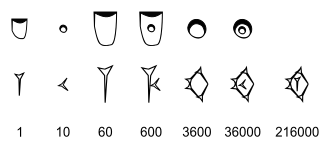linguistic relativity
Linguistic relativity is the idea that the language(s) a person speaks influences the way they think, their worldview, their cognition, or how they categorize things in the world.

The strongest version of this claim is that language determines the way we think, and restricts us from thinking in other ways. This strong version is called linguistic determinism.
This idea is also known as the Sapir-Whorf Hypothesis, after Edward Sapir and Benjamin Lee Whorf, two linguists whose writings popularized the idea in the early 1900s.
The consensus among linguists today is that linguistic relativity is only trivially true—language has subtle effects on categorization and other cognitive processes, but these effects don't in any way constrain our thinking.
You can learn a bit more about linguistic determinism in this video:
📖 Recommended Reading
- The language hoax: Why the world looks the same in any language (McWhorter, 2014)
- The power of language: How the codes we use to think, speak, and live transform our minds (Marian, 2023)
- Through the language glass: Why the world looks different in other languages (Deutscher, 2010)
🌟 Perks 🌟
➕ bonus articles/videos
👀 early access to articles/videos
Price: $5/month (USD)
If you prefer to use Patreon, click here to subscribe on Patreon instead. You’ll automatically be given access to paid areas of Linguistic Discovery website.
If you'd like to support Linguistic Discovery, purchasing through these links is a great way to do so! I greatly appreciate your support!
Check out my entire Amazon storefront here.



